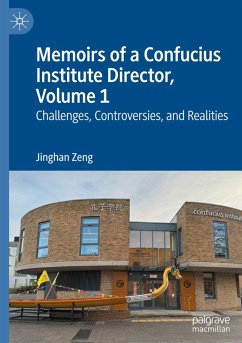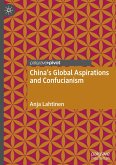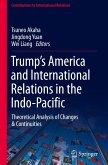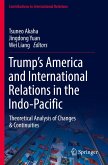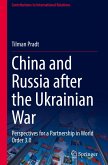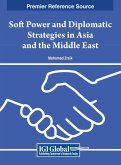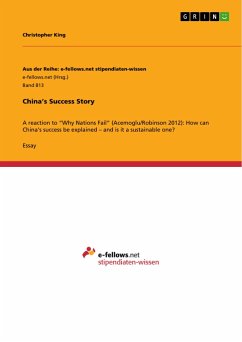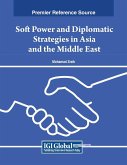As China s flagship platform for cultural diplomacy and international engagement, the global expansion of Confucius Institutes has been accompanied by growing controversy particularly in the West. This book and the volumes that follow is the first of its kind to demystify Confucius Institutes through the personal account of a director. Drawing on the author s unique background as a Chinese national serving as a UK director and a scholar of Chinese politics, this book offers a rare and nuanced perspective on a deeply contested issue. During the author s over six-year directorship, his Confucius Institute became an award-winning organisation, receiving recognition both internally and externally. At the same time, he led the Institute in overcoming a series of existential and structural challenges from navigating the disruptions caused by the COVID-19 pandemic and adapting to the dissolution of the Confucius Institute Headquarters, to responding to the UK s then-ruling party s campaign to ban Confucius Institutes.
This book offers behind-the-scenes insights into key leadership decisions, internal and external challenges, and the pivotal events that shaped this turbulent era. It also directly addresses the prevailing accusations against Confucius Institutes that they operate as instruments of propaganda, geopolitical influence, or even espionage, and that they compromise academic freedom or surveil Chinese students abroad. These claims are critically examined through the lens of the author s lived experience, exposing how political and media narratives in the West often amplify legitimate concerns while oversimplifying complexities and misrepresenting on-the-ground realities.
This book offers behind-the-scenes insights into key leadership decisions, internal and external challenges, and the pivotal events that shaped this turbulent era. It also directly addresses the prevailing accusations against Confucius Institutes that they operate as instruments of propaganda, geopolitical influence, or even espionage, and that they compromise academic freedom or surveil Chinese students abroad. These claims are critically examined through the lens of the author s lived experience, exposing how political and media narratives in the West often amplify legitimate concerns while oversimplifying complexities and misrepresenting on-the-ground realities.

